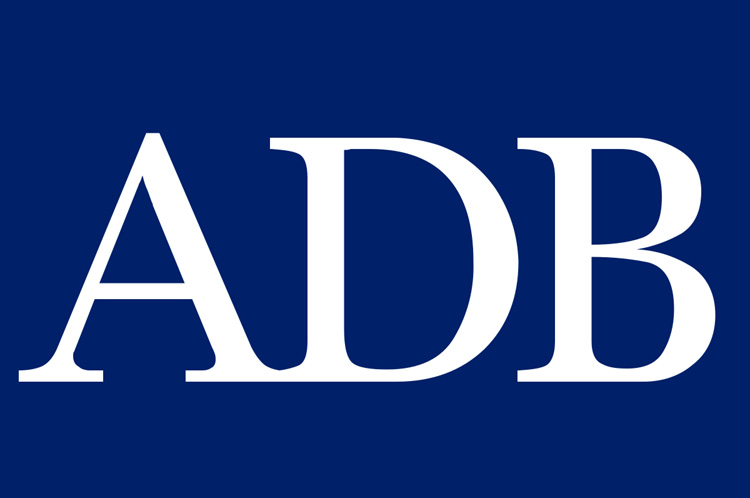
DHAKA, Sept 20, 2023 (BSS) - Bangladesh's gross domestic product (GDP) is expected to grow by 6.5 percent in fiscal year (FY) 2024, compared to the 6.0 percent growth in the FY 2023, according to the latest Asian Development Bank (ADB) report released today.
The slightly faster growth forecast reflects an improvement in domestic demand and better export growth due to economic recovery in the euro area. Inflation is projected to ease from 9.0% in FY2023 to 6.6% in FY2024.
The current account deficit is expected to slightly narrow from 0.7% of GDP in FY2023 to 0.5% of GDP in FY2024 as remittance growth improves. The main risk to this growth projection is a further deterioration in export growth if global demand is weaker than expected, said a press release.
"The government is managing relatively well against the external economic uncertainties, while advancing infrastructure development and critical reforms to improve investment climate," said ADB Country Director Edimon Ginting.
"These key structural reforms include to strengthen public financial management, enhance domestic resource mobilization, improve logistics, and deepen financial sector, which are critical for private sector development, export diversification and productive job creation in the medium term," said Mr. Ginting.
"Continued high oil prices also provides a good incentive to accelerate reforms to expand domestic renewable energy supply and achieve the country's climate change goals," Ginting added.
The ADO September 2023 states that moderate inflation and an increase in remittances will contribute to reviving private consumption, while the completion of a number of major government infrastructure projects will increase investment. Private investment, however, may be dampened by the initial higher interest rates following the enhancement in the country's monetary policy framework.
Inflation is expected to ease from 9.0% in FY2023 to 6.6% in FY2024 with some fall in global nonfuel commodity prices, expected higher agricultural production and the initial tightening of monetary policy under the new framework.
In its 50-year partnership with Bangladesh, ADB has mobilized over $50 billion in loans and grants, including cofinancing, to improve infrastructure, public services and social development for the people of Bangladesh. ADB's current sovereign portfolio in Bangladesh has 53 projects worth about $13.0 billion.
ADB is committed to achieving a prosperous, inclusive, resilient, and sustainable Asia and the Pacific, while sustaining its efforts to eradicate extreme poverty. Established in 1966, it is owned by 68 members-49 from the region.